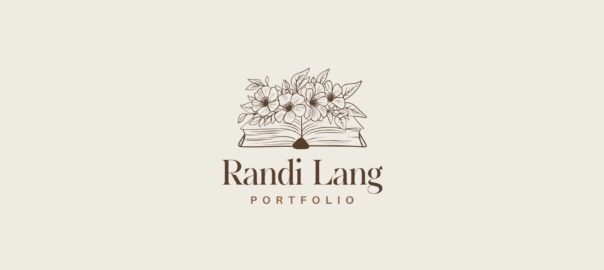She/Her
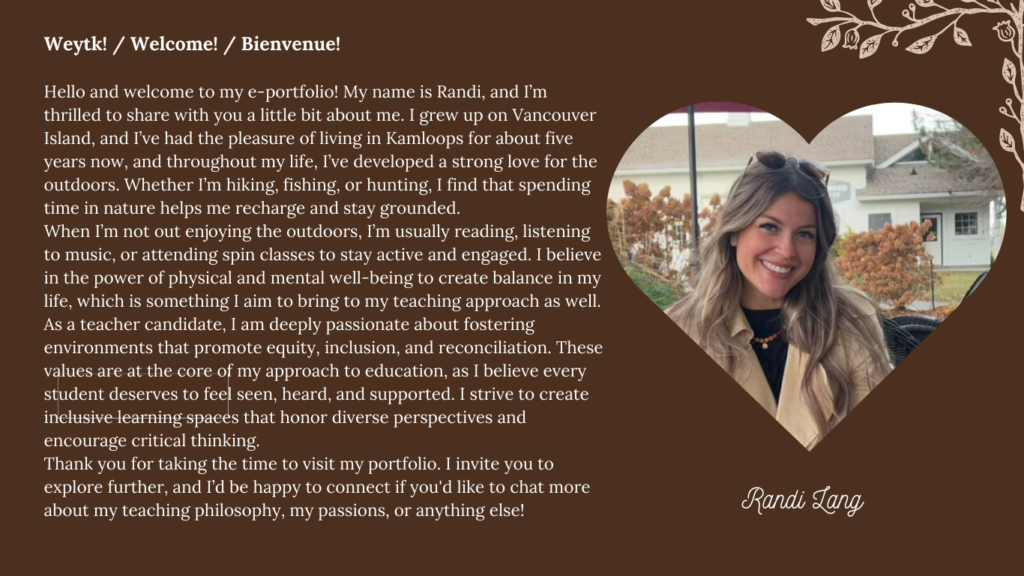
Important Links
BC Curriculum
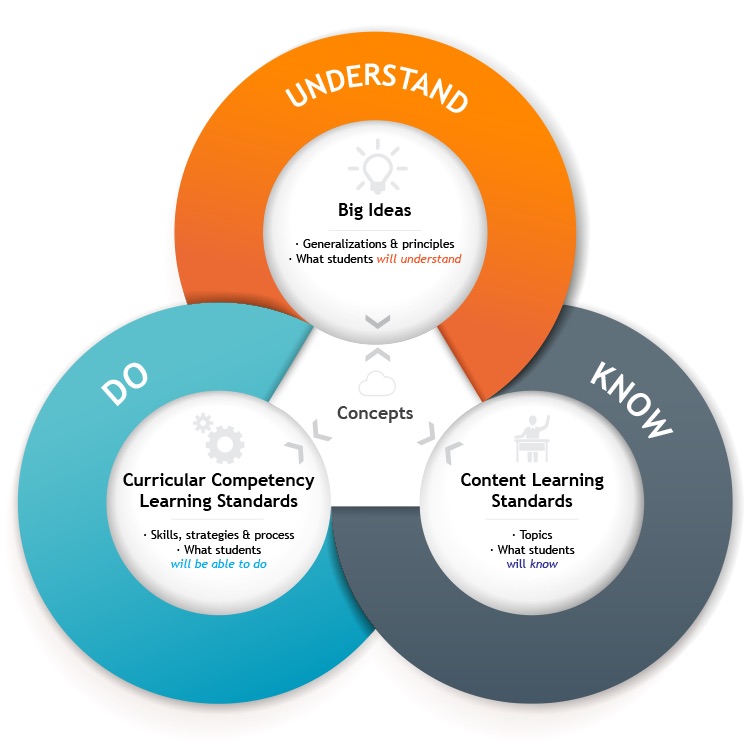
The BC Curriculum is designed in a way that allows for adaptability and teacher autonomy. British Columbia has a diverse population, and with a curriculum based on concepts, skills, and understanding, a teacher is able to deliver it in a way that is relevant to the students and where they live. It is important that students can connect learning content to their own lives, and understand the history of the land they are learning on. Since the curriculum supports land-based, place-based, and experiential learning, school can be much more engaging for students. The age of obedient memorization, meritocracy, and whitewashed history books are over.
Professional Standards for BC Educators
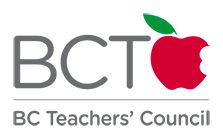
The Professional Standards for BC Educators was created to ensure student success. I think it is important to have public guidelines for the expectations for teachers. These expectations protect students and teachers, and hold teachers accountable for their professionalism. As a teacher candidate, these standards play a heavy role in the way I conduct myself and the way I approach relationship building. I want my students to feel advocated for and respected by me.
First Peoples Principles of Learning
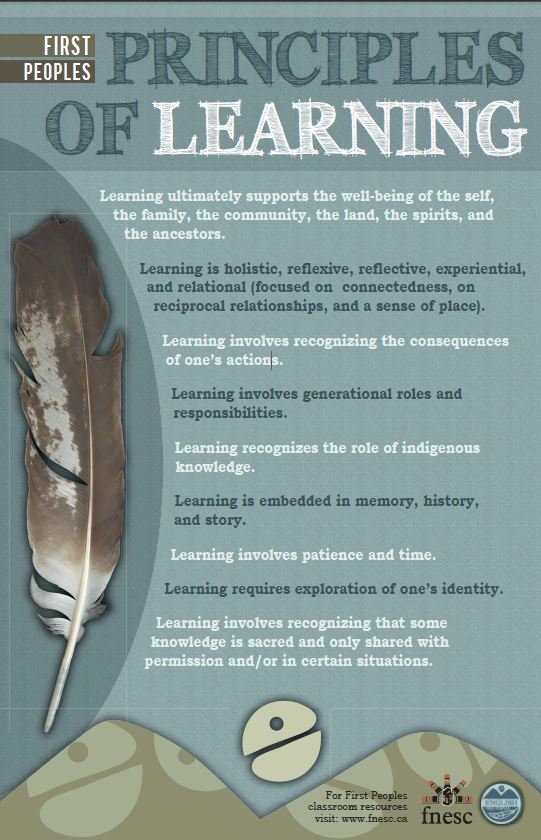
The First Peoples Principles of learning connect learning to life. I put this poster up in my home as a reminder of messages I need to hear sometimes, like “learning involves patience and time”. Just as I teach my students a growth mindset and patience, I am on a long educational journey of becoming a great teacher. Becoming a great teacher will take me a long time. I will always want to be better, more effective, know it all, and do it all right away. But, I must take things day by day and enjoy the process of becoming. These principles remind me of the fact that separating education from emotional wellbeing has never worked for everyone, and life does not happen that way.
Truth and Reconciliation Commission 94 Calls to Action
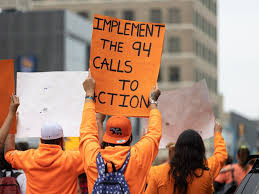
The 94 Calls to Action have yet to be fully implemented in Canada. As of 2023, only 13 of 94 of the calls have been completed. The document was created almost a decade ago. There is a lot to do as far as reconciliation in this country. It is difficult to look at the big picture and know exactly what to do. So, I look for small things I can do to be a part of the change, like attending local Indigenous events as an ally and teaching my students about the 94 Calls and empower them to be change makers who will imagine change and continue pushing the implementation each and every call.
